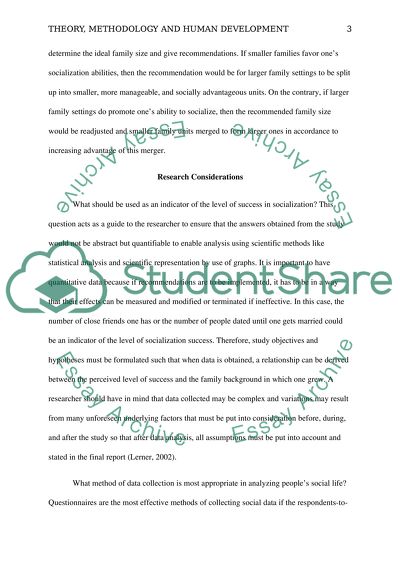Cite this document
(“Theory, Methodology, and Human Development Essay”, n.d.)
Retrieved from https://studentshare.org/sociology/1436896-theory-methodology-and-human-development
Retrieved from https://studentshare.org/sociology/1436896-theory-methodology-and-human-development
(Theory, Methodology, and Human Development Essay)
https://studentshare.org/sociology/1436896-theory-methodology-and-human-development.
https://studentshare.org/sociology/1436896-theory-methodology-and-human-development.
“Theory, Methodology, and Human Development Essay”, n.d. https://studentshare.org/sociology/1436896-theory-methodology-and-human-development.


